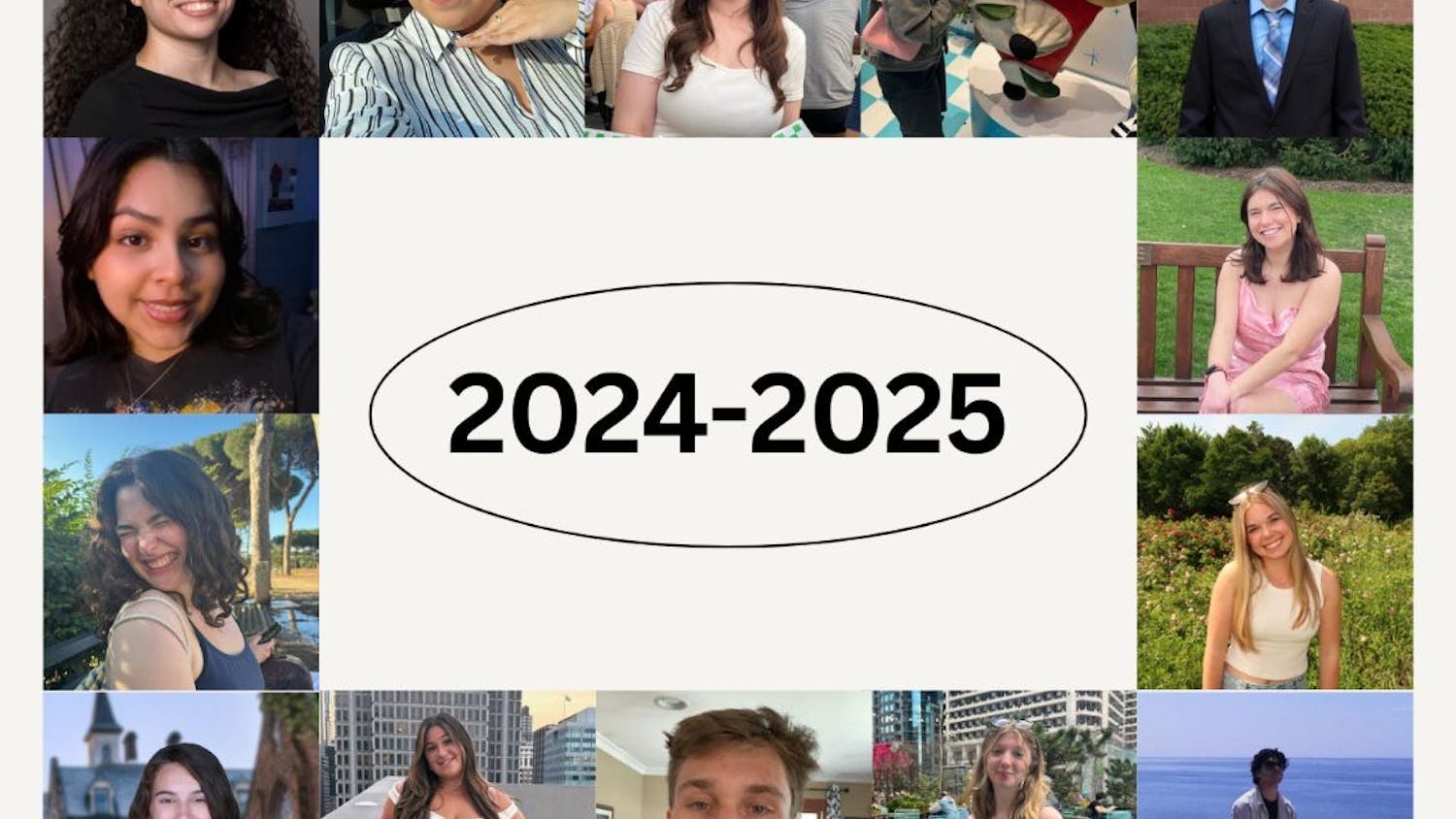In light of recent religious persecution abroad in jihadist movements, such as ISIS in the Middle East, my heart breaks for those whose religious freedom is restricted. I applaud the efforts of global religious leaders like Pope Francis who promotes religious tolerance and the domestic general authority of the Mormon Church who promotes anti-discrimination laws on behalf of their respective institutions.
When I was born, my mother decided not to baptize me though she, my father and my step-father had grown up with the Catholic faith.
I remember going to church a handful of times when I was young. I had wanted to stay home and watch cartoons so I, with my adolescent attention span, was not particularly thrilled to attend that cold, Sunday morning mass. I decided the whole “religion-thing” wasn’t for me. Then, in third grade, I switched for quality education purposes from public school to a private, Catholic institution, Ursuline Academy.
There, I was forced to attend those hour long ceremonies. I remember being struck by the number of students who did not receive communion, and I will always remember my first thought at this point every mass: ‘they must have chosen nothing, like me.’
Every year at Ursuline we had to take a theology course, to learn about the history and values of the Catholic Church. I had treated it like a history course, thinking it probably meant a lot more my catholic classmates. Eventually, I chose to take a class called world religions. This class taught me to understand and respect traditions from many different religions. I had always appreciated that my mother left my slate blank when I was born, but I thought she had wanted me to discover, in particular, Christianity on my own. She allowed me this freedom, and waited until I was ready to discuss the spiritual possibilities.
I finally understood that the choice was not one to be the religion most relevant in your life, in my case a Catholic, or to be nothing, as had been my impression. After taking this class and realizing the multitude of communities built in tradition and mutual belief across the world, I came up with my own conclusions about religion, the process she had intended for me from the beginning. I view religion as an intentional community.
These intentional communities come together based in faith, morals, and love. One is not better than the other. Rather, people just relate to the ideals of different ones. That is where they feel most comfortable, and as individuals whose unique thoughts and opinions cannot be swayed by anyone besides themselves, I believe they have a right to these communities.
I wanted to be a part of Seton Hall because, although rich in the Catholic tradition, I have never felt nor experienced religious discrimination among all diverse traditions on campus. I am forever grateful to my mother for allowing me this freedom. I am also thankful that my catholic schooling, both at Ursuline and Seton Hall, has not made me feel pressured into any one decision.
I think it’s important for everyone to feel as though they have the choice to explore all communities that exist in the world. I advocate for the freedom of the decision itself and this freedom’s universal promulgation.
Emily Balan is a junior diplomacy philosophy major from Wilmington, Del. She can be reached at emily.balan@student.shu.edu.




![IMG_8445[11695].jpg](https://snworksceo.imgix.net/sen/77f3c4ef-e856-4044-9e70-0b2095985e50.sized-1000x1000.jpg?w=1500&ar=16%3A9&fit=crop&crop=faces&facepad=3&auto=format)
